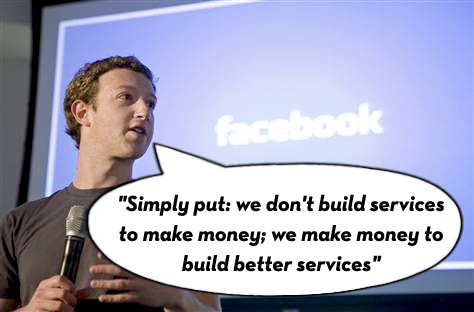Or, Tosh.0 is Racist, Classist, Homophobic, Sexist, and Just Plain Gross
I’m not really sure where to begin here. Tosh.0, the Comedy Central hit show hosted by Daniel Tosh, is so rife with sophomoric dick jokes (I prefer the classy kind) and heteronormative swill that I contemplated not even writing this post. Unlike Ellen or even It’s Always Sunny in Philadelphia, Tosh.0 is meant to be (as far as I can tell) the refined distillation of a 14-year-old-white boy’s id. The show is half sketch comedy, half sitting with your younger brother while he guzzles an energy drink and laughs at youtube videos of bums fighting. Jezebel has already written about his “lightly touching women’s stomachs while they’re lying down” campaign, and his fat-shaming caption contest. Both posts deserve your attention, the former for its righteous anger, the latter for its history of the image used in the contest. I went through several pages of videos, looking for good examples of the “-ists” I listed above, but each one was so jam-packed with privilege and hate that I couldn’t pick just one. But if, you have never seen the show and need some mental flagellation, here’s a sexist one about MMA fighting; something called “fat girl gymnastics” (fat shaming with bonus racism); a video that’s actually titled “Racist Moments Montage“; and an even more racist one called, “stereotypes are not always true.” I understand that Daniel Tosh is a comedian, and to argue with one usually means you have already lost the fight, but I think there is a fruitful discussion to be had about how a public figure engages with his or her audience and the sort of behavior they encourage. more...










